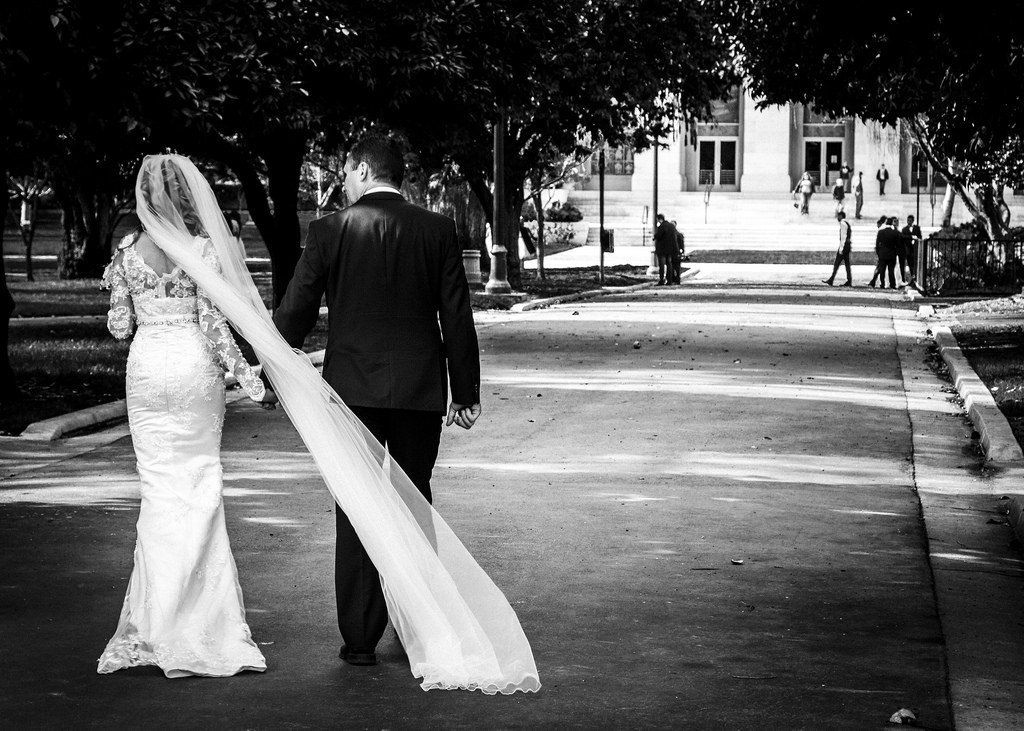CALL FOR A QUOTE

Despite all the planning and care, bad things can happen even on your wedding day. From a vendor that doesn’t show up, to a damaged gown, or to the sudden illness of someone in the bridal party, wedding insurance can help protect you against the unforeseen.

Wedding Insurance, Really?
Basically, wedding insurance protects a couple’s investment from circumstances beyond their control, and reimburses expenses incurred. For example, the venue you book for your wedding is flooded out just days before your wedding and you have to book another venue in a hurry – and for more money. Or the store where you bought your wedding dress goes out of business – before you had the opportunity to pick up your dress. These are the types of big-day financial losses that wedding insurance can help to protect.
Does Anyone Actually Collect From Wedding Insurance?
Yes, here are some actual claims.
• Bob and Jill planned to have an outdoor wedding and reception. Unfortunately, the site became inaccessible when roads leading to the property were washed out due to flash flooding in the area. Their wedding insurance policy reimbursed the couple for all their lost deposits and expenses; including money spent for the invitations, the catering, the videographer, and other non-refundable deposits.
• Toni’s father had a heart attack the week before the wedding and couldn’t travel. The couple decided to postpone the wedding and their wedding insurance policy reimbursed their non-recoverable expenses and enabled them to have the wedding when the father recovers.
• Becky and Aaron spent months planning their destination wedding in the Bahamas. On their wedding day, a category four hurricane made the reception site inaccessible. Their wedding insurance policy reimbursed them for lost deposits.
Is Wedding Insurance Expensive?
A basic insurance policy that covers loss of photos, videos, attire, presents, rings, and deposits usually costs anywhere between $160 and $300, depending on the amount of coverage you want. General liability insurance, which can provide up to $1,000,000 for accidents, as well as liquor liability coverage, can be purchased for a few dollars more.
When Should You Get Wedding Insurance?
Depending on the policy, you can purchase wedding insurance from 3 days to two years before your wedding date. But the sooner the better because you could suffer a loss at any time after you start incurring expenses for the wedding. Most insurance companies limit on how far in advance you can purchase insurance so it’s a good idea to check with your agent.
What Kind of Things Does Wedding Insurance Cover?
Lost or damaged wedding attire, lost deposits, damaged or stolen gifts, sudden illness of immediate family, call to active military duty, are just of few examples of what is covered. There may be maximum amount limits and a deductible may apply. Be sure to review the details of your insurance plan. Also, certain wedding insurance packages include optional travel insurance for your honeymoon.
Are There Things Wedding Insurance Doesn’t Cover?
Yes, it doesn’t cover a change of heart. In other words, cold feet aren’t covered. There are other limitations and you should review your policy carefully.
What Does Liability Coverage Cover?
If you are legally responsible for bodily injury or property damage caused by an accident that occurs during the course of the wedding, your wedding insurance policy can help protect you up to the limit of coverage, in most cases, $1,000,000. It will also pay for defense costs.
The Fine Print
Every insurance policy has limitations and exclusions and every wedding scenario is different. Be sure to talk to your insurance agent and discuss your specific needs. You want to make sure you understand your policy before you purchase it.










Phone: (303) 955-2651
Address: 11001 W 120th Ave. Suite 400 Broomfield, CO 80021-3493
© The Head Insurance Group, Inc. Broomfield, CO 80021
An independently owned Global Green franchise
All Rights Reserved | The Head Insurance Group, Inc.
